If you operate any of the following types of commercial motor vehicles in interstate commerce you must comply with the applicable U.S. Department of Transportation (USDOT) safety regulations concerning: CDL: controlled substances and alcohol testing for all persons required to possess a CDL: driver qualifications (including medical exams); driving of commercial motor vehicles; parts and accessories necessary for safe operations; hours of service; and inspection, repair and maintenance.
- A vehicle with a gross vehicle weight rating or gross combination weight rating of 4,537 kg (10,001 lb) or more, whichever is greater;
- A vehicle designed or used to transport between 9 and 15 passengers (including the driver) for compensation;
- A vehicle designed or used to transport 16 or more passengers; or
- Any size vehicle used in the transportation of materials found to be hazardous for the purposes of the Hazardous Materials Transportation Act (49 U.S.C. 5101 et seq.) and which require the motor vehicle to be placarded under the Hazardous Materials Regulations (49 CFR chapter I, subchapter C).
